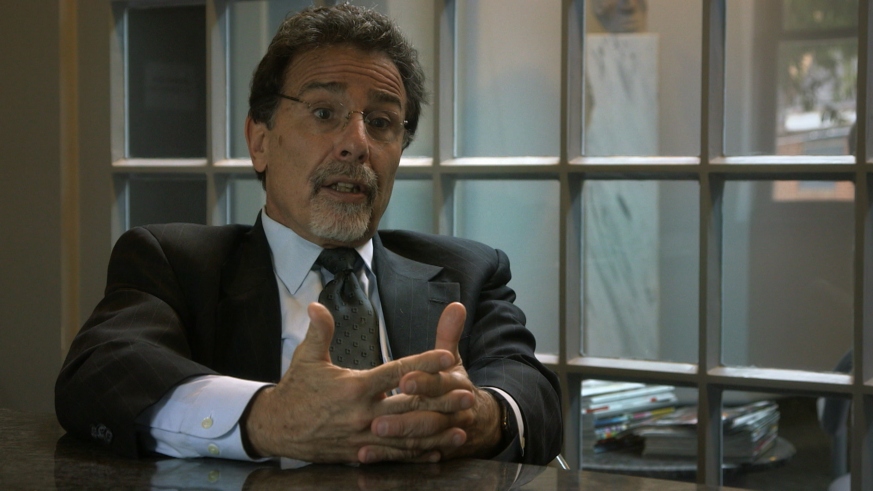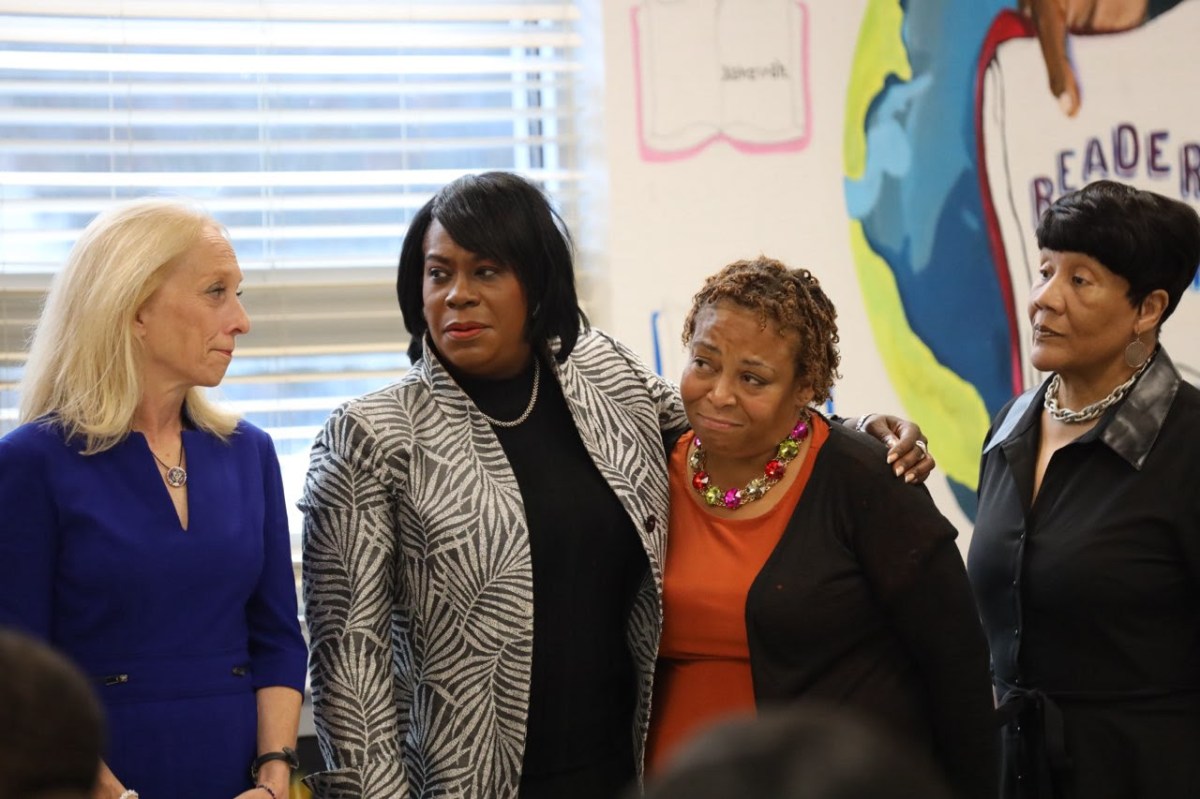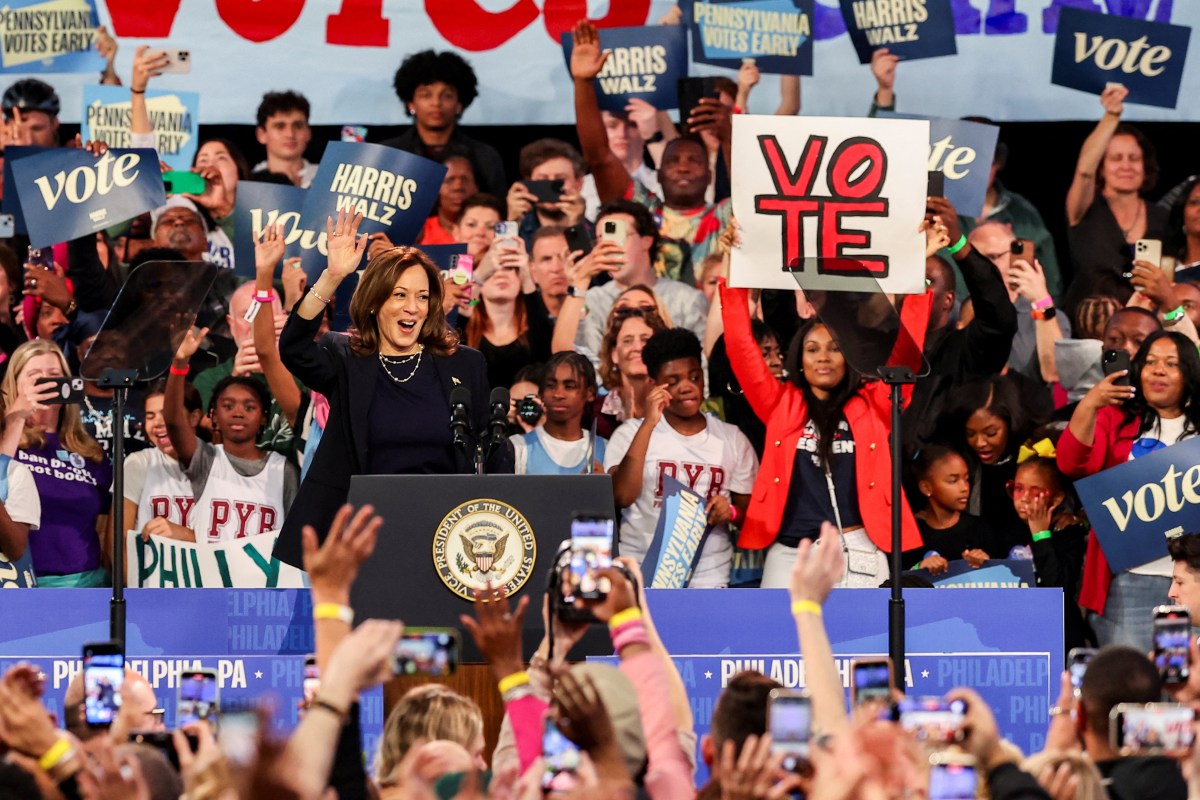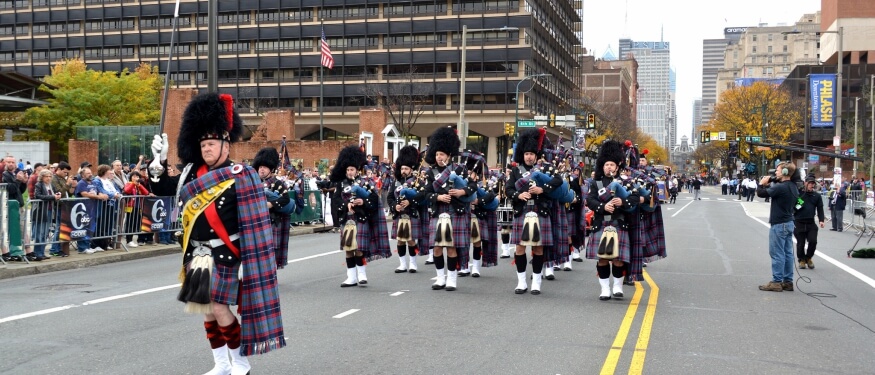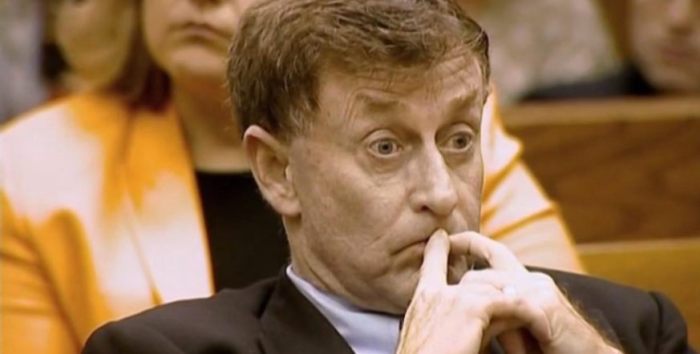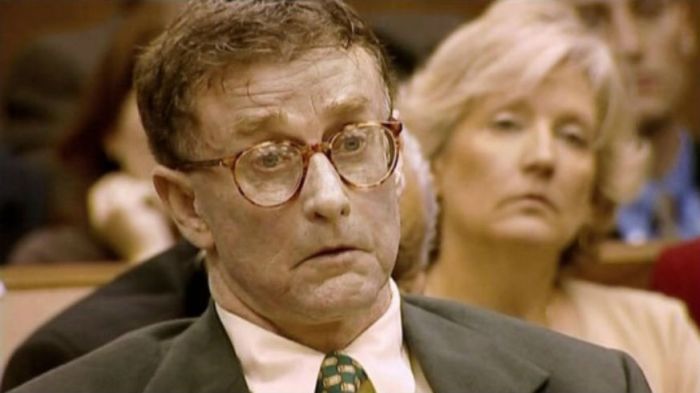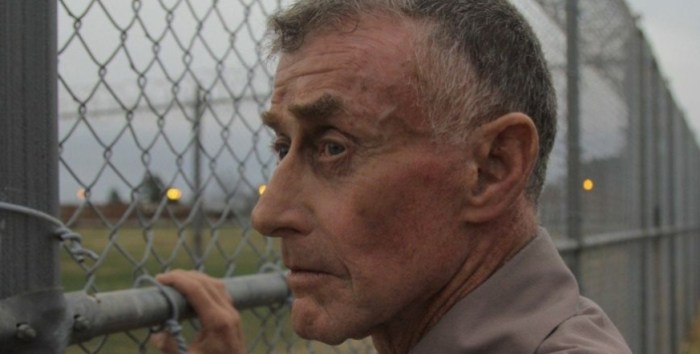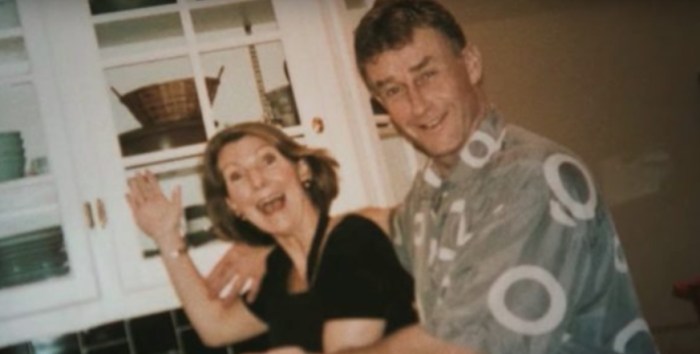Netflix docu-series The Staircase and Making a Murderer haven’t just piqued people’s interests in true crime cases, they’ve also sparked discussions around criminal justice reform.
Fans of the series will get a chance to chat with Michael Peterson’s attorney David Rudolf and Steven Avery’s former lawyer Jerry Buting at the Center for Arts at the Armory in Somerville this weekend at an event dubbed True Crime: Shattering the Illusion of Justice. While audience members will get the chance to ask all their burning questions about the shows during the Q&A, Rudolf and Buting hope the evening will inspire others to take up the cause of fixing the justice system as well.
“For me, the important things are, No. 1, generating more discussion about the problems in the criminal justice system,” Rudolf tells Metro. “And No. 2, talking more about the role of criminal defense lawyers and, hopefully, correcting people’s misperceptions about what we do, why we do it and how we do it.”
Buting—who, coincidentally, studied law under Rudolf at the University of North Carolina at Chapel Hill—believes that The Staircase and Making a Murderer cases have a lot in common as they “both illustrate flaws in the criminal justice system,” despite being centered around people from two very different walks of life. “It’s an opportunity to continue the conversation I’ve been having ever since, broadening it a little bit with David’s unique experience as well,” Buting says.
The Staircase, Making a Murderer lawyers are coming to Boston

In particular, Rudolf wants to chat with fans about the issues of forensic junk science, a topic that Bay State natives should be familiar with thanks to the infamous incident with crime lab chemist Annie Dookhan, as well as false confessions and false guilty pleas.
“The same pressure that create false confessions also create false guilty pleas,” Rudolf says. “Something I saw in Making a Murderer, someone says, ‘Innocent people don’t confess.’ Those of us who work in the system know that’s simply not true.”
Since appearing in The Staircase, Rudolf has received numerous messages from fans who’ve changed their thoughts on criminal justice reform after watching the show.
“I’ve gotten messages from Republicans who say, ‘I’m a Republican, I’m a conservative. I always favored the prosecution, but you’ve changed the way I think about these things,'” Rudolf says. “By exposing this to people, then gradually pressure builds for change. If it doesn’t, at least people are more skeptical of what they see in court.”
Although both men believe that progress is being made, slowly but surely, on the state level, the rise of President Donald Trump has them worried about the federal government’s approach towards fixing the justice system going forward.
“I am very worried about that,” Rudolf admits. “We were making real progress on junk science and getting rid of junk science, until Jeff Sessions decided he was going to cut back on that whole effort. That’s what’s happened, and that’s a real problem.”
“We have a president who called for the death penalty against the Central Park five, only to later find out that they were all exonerated and he never said sorry,” he adds. “We have a real problem in terms of what the leadership in this country is doing. There was some real movement towards criminal justice reform up until the election, and it was bipartisan. I mean the Koch brothers are very much into reforming the criminal justice system. That momentum has sort of stalled in the last year and a half.”
Buting agrees with Rudolf’s assessment of the Trump administration’s actions towards criminal justice reform. However, he’s encouraged to see how states have taken up the cause.
“Criminal justice reform was a big part of the Republican primary debate in 2016, and Trump, it didn’t seem to be a big issue on his radar screen,” Buting says. “But when he appointed Sessions and Sessions disbanded the National Forensic Science Commission, that was deeply disappointing to me.”
“On the other hand, it’s important to keep in mind that 90 percent or so of criminal prosecutions in this country are at the state level, not federal,” he adds. “The federal government has a big bully pulpit and can do a lot to help reform in terms of the way they distribute grants and all that, but the states nonetheless have continued to move towards reform… I’m hopeful that this will be a short-lived hiatus on the national level, but, in the meantime, the state houses will continue to try and reform their own criminal justice systems.”
If you go:
July 22, 8 p.m., Center for Arts at the Armory, 191 Highland Ave., Somerville, $26+, artsatthearmory.org

